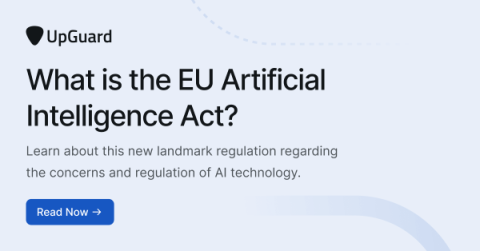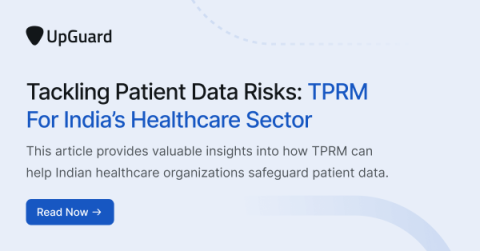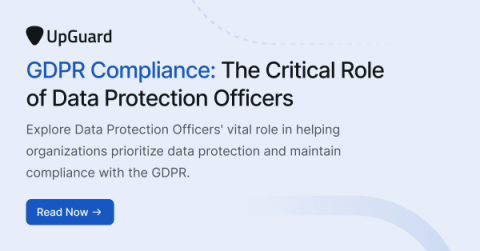TPRM for Government Contractors: General Services Administration Policies
The U.S. General Services Administration (GSA) is an independent agency that helps manage and support the basic functioning of federal agencies. The GSA supplies products and communications, provides transportation and office space, and oversees the government’s real estate portfolio, among other management tasks.











